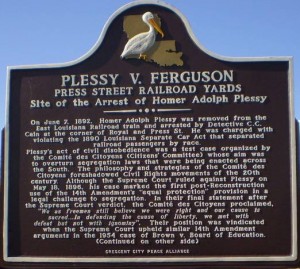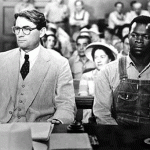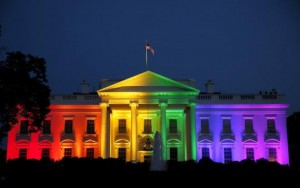Confronting Racism
 In Plessy v. Ferguson, Justice John Marshall Harlan wrote “[o]ur constitution is color-blind, and neither knows nor tolerates classes among citizens.” [1] Today, most people might say they too are color-blind. However, race relations have been prevalent in the news as of late because the state of racism in America has mutated. Racism is rarely as bold as the cross burnings of yore, but no less insidious. [2]
In Plessy v. Ferguson, Justice John Marshall Harlan wrote “[o]ur constitution is color-blind, and neither knows nor tolerates classes among citizens.” [1] Today, most people might say they too are color-blind. However, race relations have been prevalent in the news as of late because the state of racism in America has mutated. Racism is rarely as bold as the cross burnings of yore, but no less insidious. [2]
Because racism is different, our understanding of our inherent biases must also become different. I believe the modern definition of racism has shifted. I define racism as taking a negative action towards someone, whether explicitly or implicitly, on account of their race. This means that people can take racist actions without being aware that they are doing so.[3] We can no longer oversimplify racism, and instead need to confront it within ourselves and as a community.
As a country, we need to do a better job confronting racism. A plethora of high profile incidents, involving police brutality and campus outrage, have given us another opportunity to confront our inherent biases. Unfortunately, too many “color-blind” people have not heeded the second part of Justice Harlan’s dissent and have instead tolerated or even justified the systemic mistreatment of classes of citizens. [4]


